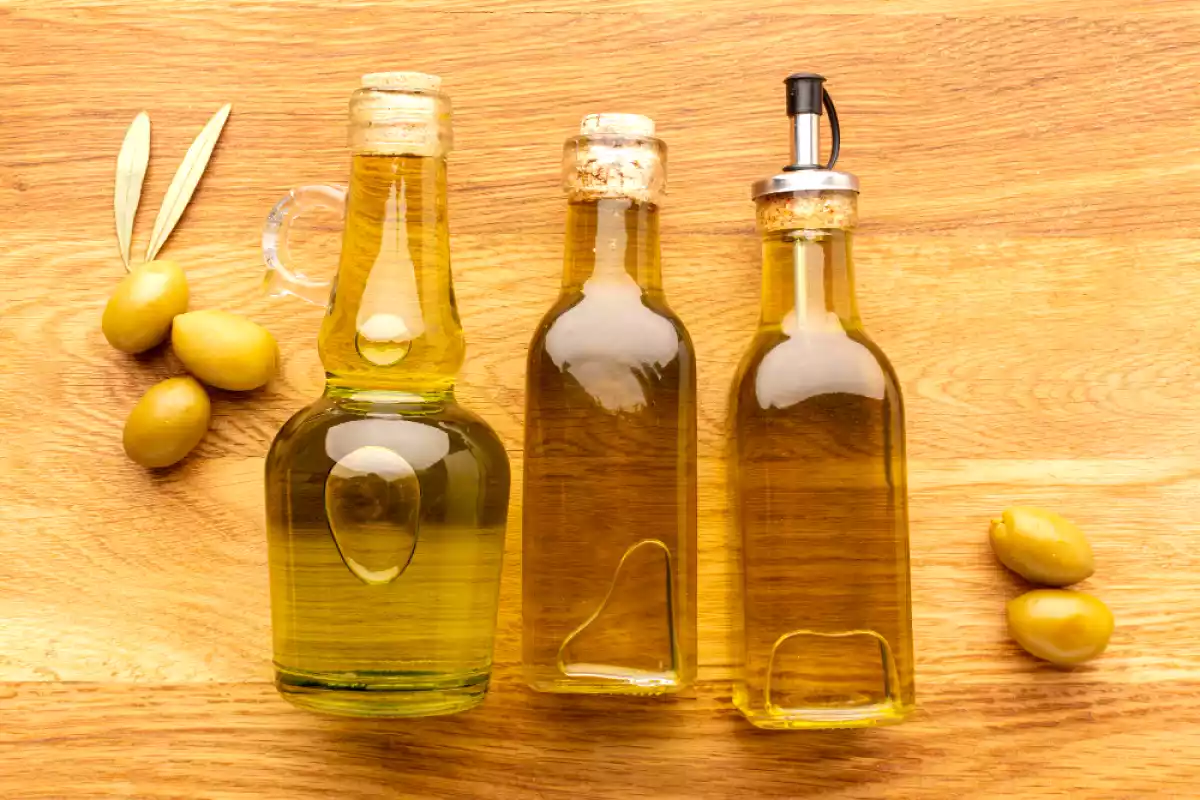10 surprising facts about olive oil you never knew!

Olive oil is one of the oldest and most versatile foods in the world, known for its health benefits and the unmistakable flavor it adds to meals. But what many people don't know is that this "liquid gold" has fascinating stories and unexpected uses. Check out 10 interesting facts about olive oil that will surprise you!
1. Olive oil has been used for over 6,000 years
The first records of the use of olive oil date back more than 6,000 years in the Middle East. It was used not only as food, but also as fuel for lamps and as a base for cosmetics and medicines.
2. It is classified as a fruit juice
Technically, olive oil is considered a "juice" extracted from olives, a fruit. The production process only involves pressing the olives, with no chemical additives in the case of extra virgin olive oil.
3. Extra virgin is the healthiest
Extra virgin olive oil is the least processed and richest in antioxidants and phenolic compounds, which help fight inflammation and protect the heart.
4. Can improve brain health
Studies suggest that regular consumption of olive oil can improve cognitive function and reduce the risk of neurodegenerative diseases, such as Alzheimer's, due to its powerful antioxidants.
5. Heat resistant
Contrary to what many people think, olive oil is heat-resistant and can be used for cooking. Although the smoke point varies between types of oil, it remains stable and healthy at moderate temperatures.
6. It's an ancient beauty secret
In Ancient Egypt, olive oil was used as a moisturizer for the skin and hair. To this day, it is an ingredient in many homemade and industrial beauty products.
7. Italy is not the biggest producer
Although Italy is famous for its olive oil, the world's largest producer is Spain, which is responsible for around 50% of global production. The Andalusia region is the heart of Spanish production.
8. It has varieties with different flavor notes
Olive oil can have fruity, bitter or spicy flavors, depending on the type of olive, the soil and the climate. Just like wine, each oil has its own particularities.
9. A common product, but with counterfeits
Olive oil is one of the most adulterated foods in the world. Refined oils or oils of inferior quality are often mixed together and sold as pure olive oil. That's why it's important to buy from trusted brands and check certification.
10. Helps longevity
Olive oil is one of the pillars of the Mediterranean diet, which is associated with longevity. Populations that consume high quantities of olive oil on a regular basis have a lower incidence of chronic diseases.
How to choose the best olive oil?
- Prefer extra virgin olive oil, which is purer and healthier.
- Check the harvest date on the label and choose the most recent one possible.
- Store in a cool, dark place to preserve its properties.
With these facts, it's even clearer how olive oil is a special and versatile food. Including it in your diet can benefit both your health and your taste buds!
Read also:
 Mirella Mendonça
Mirella Mendonça


Comments
Jackie
Very informative8